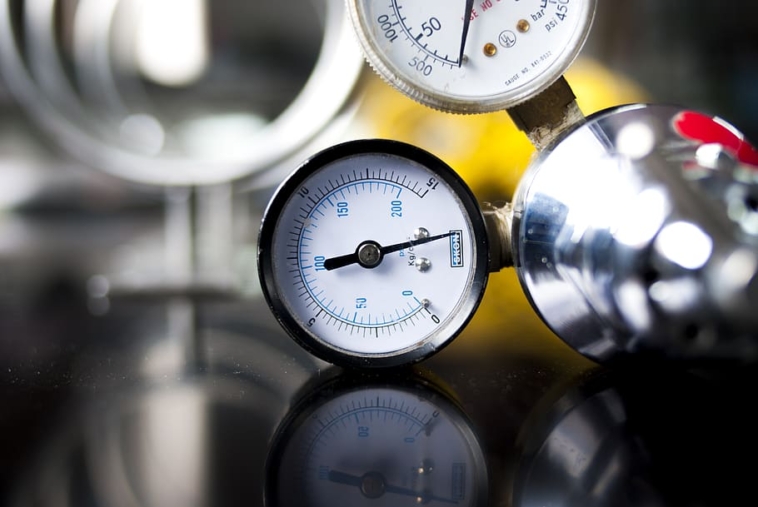Pressure regulators are considered the most important component of the fluid system as they help the user in maintaining constant pressure throughout the system and keep the system safe. Correct installation of a digital pressure regulator is crucial for getting the desired results.
Keep in mind, never connect the regulator at a place where the pressure is high than the inlet pressure of the electronic pressure controller. They should not be used as shutoff devices in any circuit.
Let’s see the following tips to install a pressure regulator correctly:
Connect the Source and the Regulator:
The first step is to connect the source with the inlet port of the digital pressure regulator and the outlet port to the pressure line to deliver the reduced pressure. If there are no indications on the inlet and outlet port then connect it with great care. Because if you ever connect the outlet port with the source then there is a great chance that the internal components will get damaged.
Restrict the Flow:
Now after putting the electronic pressure regulator in the pipeline, restrict the flow and slowly open the supply pressure to save the regulator from shock. Don’t turn on the full supply because the design of some regulators makes the supply pressure the outlet pressure.
Set the Outlet Pressure:
Set the required pressure as the outlet pressure. If you have a non-relieving digital pressure controller and fluid is flowing then it will be easy to adjust the pressure. If the pressure exceeds the set limit then vent the excess pressure. In the case of relieving pressure regulator, the excess pressure is automatically vented to the atmosphere.
Make the Final Pressure Adjustment:
To get the desired pressure from the electronic regulator make the final adjustment by increasing the pressure slowly from below the set value. It is essential to have a preference to set the pressure from below the setting instead of keeping it above the desired value. If you have mistakenly overshoot the set point then decrease the set pressure to a below point. After that slowly increase the pressure to the desired value.
Test the Digital Pressure Regulator:
Now turn on and off supply pressure many times and keep an eye on the outlet pressure while doing that to determine whether the regulator is correctly achieving the set value of the pressure or not. On the other, the outlet pressure should also be on ad off several times to make sure that the regulator is returning to the set point accurately or not. If you find that the outlet pressure is not reaching the set point then you should repeat the pressure-setting process. After doing this test, if you start getting the right results then it means that the electronically controlled pressure regulator is installed and set correctly and now you can run it without any worry.
Final Words:
It’s important to install a pressure regulator with great care if you want to have the expected control. But if you don’t do that it will fail to deliver the correct output. The above-listed installation tips are very helpful in installing a digital pressure regulator.

